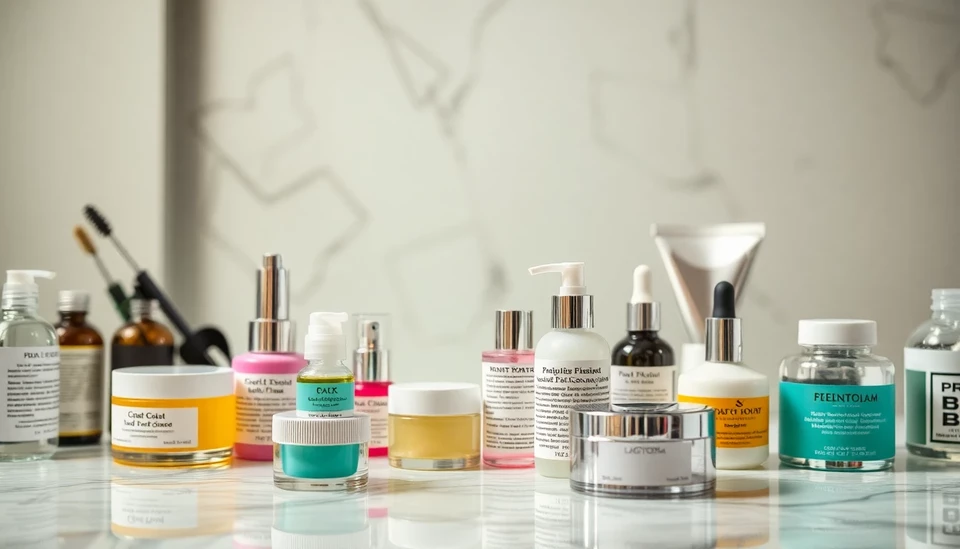
A recent investigation has raised alarming concerns about the presence of toxic substances, including benzene and heavy metals, in a range of popular personal care products such as shampoos, sunscreens, and tampons. These findings have ignited discussions about the safety of items that millions of consumers use daily, often without understanding the potential risks associated with them.
The report details how various brands of personal care products, including some well-known names, have been found to contain benzene, a chemical that is known to cause cancer. Benzene is typically emitted from sources such as gasoline and industrial processes, but its presence in cosmetic and personal care items is particularly alarming. Benzene exposure has been linked to leukemia and other serious health issues, bringing scrutiny to the manufacturers of these products.
Furthermore, toxic heavy metals such as lead and cadmium were also identified in the tested products. These metals are known to have detrimental effects on health, including affecting brain development in children and posing risks to overall long-term health in adults. The discovery has led to questions about regulatory oversight and the effectiveness of current consumer protection laws regarding the beauty and personal care industry.
As consumers become more aware of these issues, many are demanding greater transparency from brands about the ingredients used in their products. Advocacy groups are calling for stricter regulations that would require manufacturers to disclose all ingredients, and they are urging the Food and Drug Administration (FDA) to take action. The lack of comprehensive testing and regulation in the personal care industry significantly increases the risk that harmful substances could remain in widely used products.
The impact of this investigation extends beyond just immediate health concerns; it strikes at the heart of consumer trust and safety. Many individuals feel betrayed upon discovering that products they believed to be safe for daily use may be detrimental to their health. This feeling of betrayal is compounded by the realization that these products are often marketed as safe and beneficial, raising ethical concerns about corporate responsibility.
In light of these revelations, consumers are urged to examine the labels of their personal care products and to stay informed about which brands may pose risks. Initiatives to reform industry standards are gaining momentum, as many people are calling for a collective response to ensure personal care products are safe and devoid of harmful chemicals.
The emotional and financial strain on those affected, along with the potential long-term consequences of continued exposure to these toxic substances, cannot be underestimated. The inquiry not only highlights critical public health issues but also paves the way for more extensive studies into the long-term effects of such chemicals on overall health and well-being.
As the investigation continues to unfold and more consumers demand accountability, it is clear that the beauty and personal care industry must address these concerns head-on. Change may be brewing, driven by the power of informed consumers who refuse to settle for less when it comes to their health.
In summary, the unsettling findings regarding toxic chemicals in everyday beauty products serve as a stark reminder of the need for rigorous testing, transparency, and regulations to protect consumer health. As the conversation around these issues continues to grow, it is crucial for consumers to remain vigilant and assertive in demanding safer products.
#ToxicChemicals #Benzene #PersonalCareSafety #ConsumerAwareness #HealthRisks #BeautyIndustry #ToxicMetals
Author: Samuel Brooks
